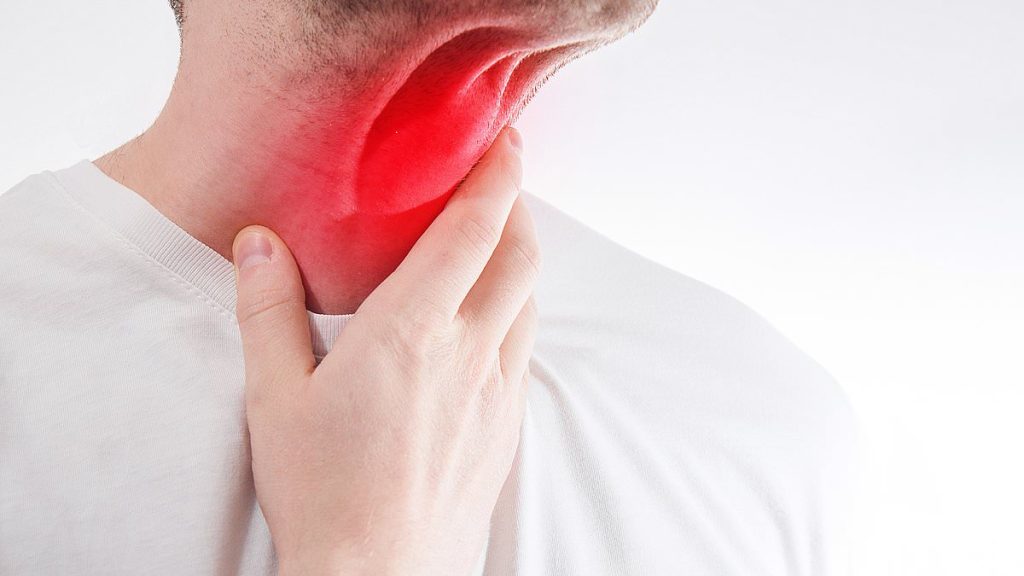By Zantha Leatham Associate Science Editor
Updated on 2024-07-27 00:01, 2024-07-27 00:01
Scientists have discovered that bacteria commonly found in the mouth appears to ‘dissolve’ and destroy certain cancers.
The researchers found that patients with head and neck disease cancer Patients who had Fusobacterium found in their tumors had “much better outcomes.”
The exact biological mechanism behind this association is being further investigated by experts.
In laboratory studies, a team from Guy’s and St Thomas King’s College LondonThey placed large amounts of bacteria in a petri dish along with cancer cells and left them there for several days.
The researchers found that after infection with Fusobacterium, the number of surviving head and neck cancer cells was reduced by 70 to 99 percent.
A further analysis of 155 patients with head and neck cancer found that patients with the presence of bacteria in their tumors had a better survival rate than those without, with a 65% reduced risk of death.
The researchers hope that their findings will improve the treatment of patients with head and neck cancers, including cancers of the mouth, throat, larynx, nose, and paranasal sinuses.
Experts say there have been few therapeutic advances in this field over the past 20 years and they hope that this discovery could lead to new treatments in the future.
“Essentially, we found that when these bacteria are found in patients with head and neck cancer, they have a much better outcome,” said lead author Miguel Reis Ferreira, PhD.
“Another thing we discovered is that in cell culture, this bacterium has the ability to kill cancer.
“This study reveals that these bacteria play a more complex role in cancer than previously known, essentially dissolving head and neck cancer cells.”
“By using this bacterium, we may be able to more accurately predict which patients are likely to have a good or bad outcome.”
“Based on that, we could then tailor our treatment to give gentler treatments to patients who are likely to have better outcomes, or more aggressive treatments to those who are more likely to have their cancer return,” he added.
“Our findings are remarkable and quite surprising,” added lead author Dr Anjali Chander, a senior clinical research fellow at King’s College London.
The team published their findings in the journal Cancer Communications, explaining that Fusobacterium is “toxic” to head and neck cancer and that its presence “may determine a better prognosis.”
“Fusobacterium detectability was associated with improved both overall and disease-specific survival,” the authors write.


